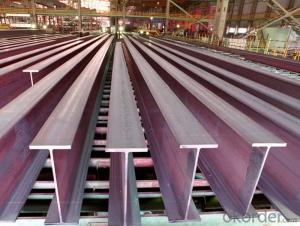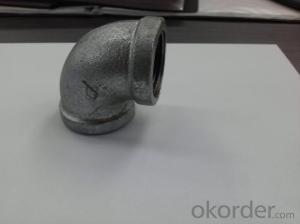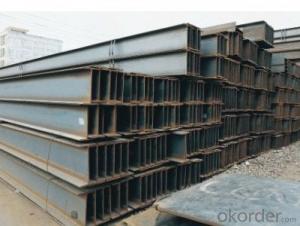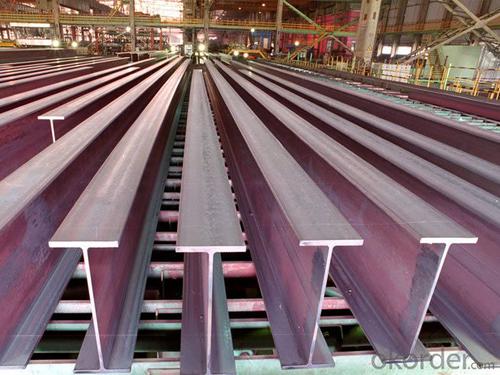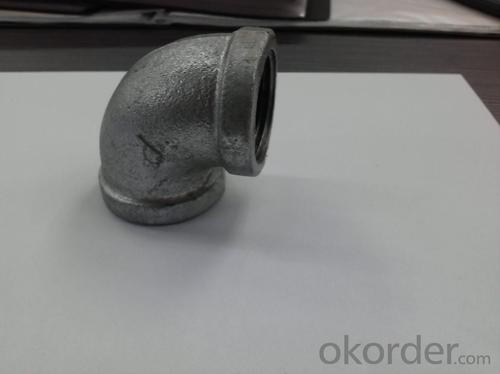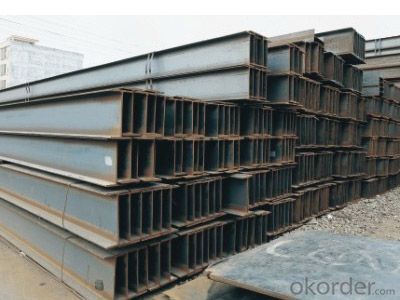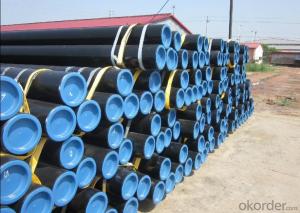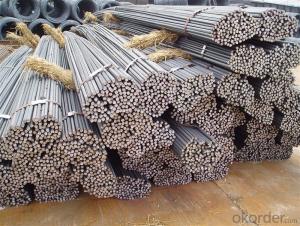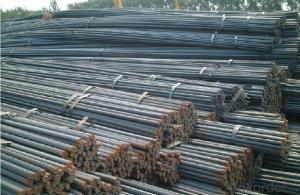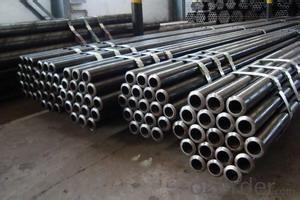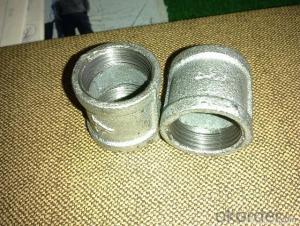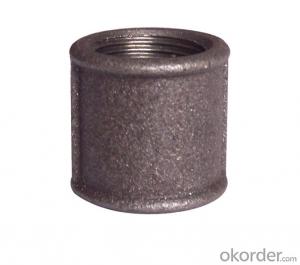Maanshan Steel Pipe Made in China on Hot Sale
- Loading Port:
- Tianjin
- Payment Terms:
- TT OR LC
- Min Order Qty:
- 100 PCS
- Supply Capability:
- 1000 PCS/month
OKorder Service Pledge
OKorder Financial Service
You Might Also Like
1.Packaging & Delivery
Packaging Detail: | Part Name:Malleable Cast Iron Pipe Fitting Brand Name:Fengyuan Malleable Cast Iron Pipe Fitting Model No.:Fyzz0030 QTY Of Each Carton: 65 Pieces (According To The Weight and Volume Of Many Kinds Of Products)Weight:28KG (Various Types May Get Different Weights) Size:68*48*30mm CBM:0.1Stere Per Carton H.S Code:8708949090 (Various Parts Get Different Codes) Parts Or Not:Spare Parts Container Information:40 Or 20 Inch Container (According To The Require Of Customer) Pallet Or Not:All Parts Pallet-Load According |
Delivery Detail: | For Samples:7-10Days;For Mass Production:10-20 Days |
2.Specifications
malleable cast iron pipe fitting
1.casting part
2.malleable cast iron pipe fitting
3.annual casting 550000MT
4.ISO9001:2008
3.Product information:
Brand Name | Malleable Cast Iron Pipe Fitting |
Material | Standard material according to technical drawing, like Stainless steel, Alloy steel, Carbon steel, Aluminum etc |
Material Standard | We could produce as your requirements |
Quality control | ISO9001:2008 control |
QC System | 100% inspection before shipment |
Applied Software for Specification drawings | JPEG, PDF, CAD, IGS Accepted |
Precision machining | CNC machining, milling machine, drilling machine, numerical lathe, all types of lathe |
Payment Terms | L/C,D/A,D/P,T/T,Western Union,MoneyGram.Various options to make payment more convenient |
Surface Treatment | polishing, sand blasting, heat treatment, painting, powder coating, anodizing,electroplating, mirror polishing |
Our services | CNC Machining, Turning, Milling, Stamping, Casting, finish,packing. |
Application | Valves, auto parts, motorcycle parts, metal products for daily use, plumbing pipe fittings |
Product's Design And Products Assembly | As per client's drawing or sample , besides we are also experienced in products assembly. |
Competitive advantage | 1. Small quantity order acceptable. 2. Very tight tolerance. 3. Advanced equipment, excellent R&D teams 4. Strict quality control system. 5. Professional technics and rich experience 6. Packaging details as client required |
Main Products | machining parts, stamping parts,casting parts |
R&D | We have professional engineers and technical workers who are specialized in developing new products . Professional tooling development & process & design,At least 60 kinds of new parts are developed according to customer's drawings each year. |
Customized Service | Able to produce according to specification with technical drawing .Also, we can design for you |
4.Malleable Cast Iron Pipe Fitting Equipment display:
Process Facilities | Quantity |
CNC Machine | 15sets |
Lathe Machine | 5 sets |
Instrument lathe | 28 sets |
Centerless Grinding Machine | 1 set |
Surface Grinding Machine | 2 sets |
Drilling Machine | 3 sets |
Milling Machine | 3 sets |
Drilling And Milling Machine | 2 sets |
Tapping Machine | 14 sets |
Punching Machine | 10 sets |
Four Column Hydraulic Press | 1 set |
Digital Electronic Ac Arc Welder | 2 sets |
Hanging Type Cleaning Machine | 1 set |
Horizontal cold chamber die casting machine | 2 sets |
Aluminum alloy die casting machine | 5 sets |
5.Malleable Cast Iron Pipe Fitting Testing Equipments:
equipment | Quantity |
Micrometer | 1 set |
Height gage | 1 set |
Two meters vernier caliper | 1 set |
General gage | 100 sets |
Two dimensional imaging instrument | 1 set |
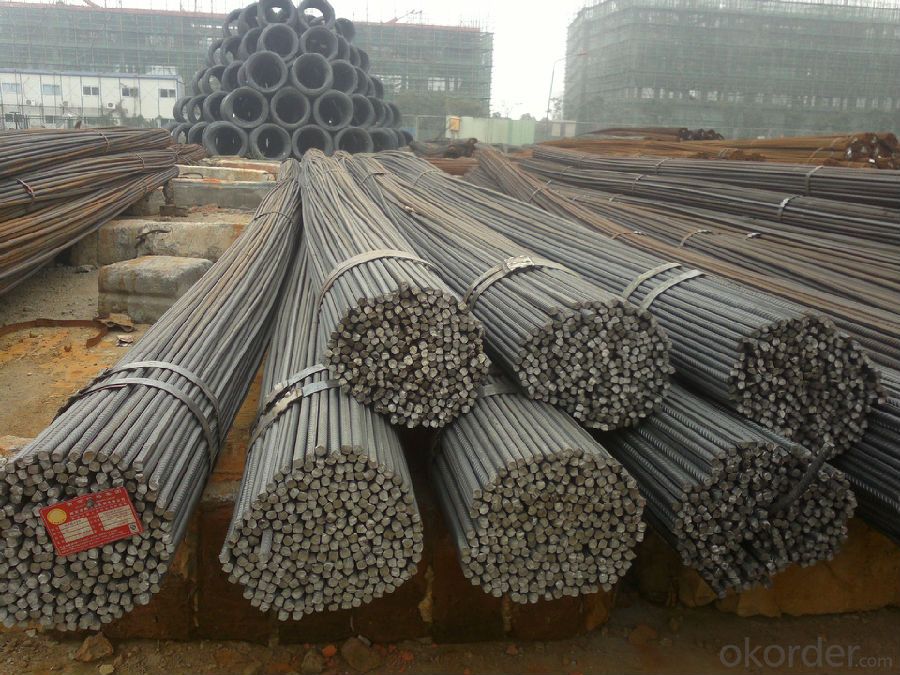
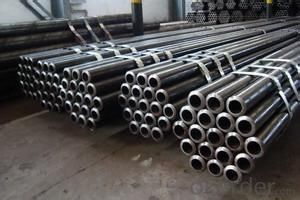
- Q: What are the different methods of testing steel pipes?
- There are several methods of testing steel pipes, including visual inspection, ultrasonic testing, magnetic particle testing, liquid penetrant testing, radiographic testing, and hydrostatic testing. Each method serves a specific purpose in evaluating the quality and integrity of steel pipes, ensuring they meet industry standards and are suitable for their intended applications.
- Q: How are steel pipes used in building foundations?
- Steel pipes are often used in building foundations as piles or piers. They are driven into the ground to provide structural support and stability for the building. The steel pipes act as load-bearing elements, transferring the weight of the structure to the underlying soil or rock. Additionally, they can also be utilized for underground utility installations or as part of a drainage system in building foundations.
- Q: How are steel pipes used in the construction of shipbuilding?
- Steel pipes are used in shipbuilding for a variety of purposes, including the construction of the ship's framework, hull, and various onboard systems. These pipes provide structural strength and durability, allowing the ship to withstand the harsh conditions at sea. They are also used for piping systems, such as fuel, water, and ventilation, ensuring the efficient operation of the vessel.
- Q: What are the different types of steel pipes available?
- In the market, one can find a variety of steel pipes catering to specific needs in different applications. Some commonly used steel pipes include: 1. Carbon Steel Pipes: These pipes, primarily composed of carbon, are the most prevalent type. They are utilized in a wide range of applications such as fluid and gas transportation, structural purposes, and plumbing. 2. Stainless Steel Pipes: These pipes are manufactured using an alloy that contains a substantial amount of chromium, providing excellent resistance to corrosion. Industries like oil and gas, chemical processing, and food processing rely heavily on stainless steel pipes. 3. Alloy Steel Pipes: These pipes, as the name suggests, consist of an alloy containing a combination of various elements like chromium, molybdenum, and nickel. They offer improved strength, durability, and resistance to high temperatures, making them suitable for applications in power plants, refineries, and petrochemical industries. 4. Galvanized Steel Pipes: To safeguard against corrosion, these pipes are coated with a layer of zinc. Due to their exceptional rust resistance and long-lasting durability, galvanized steel pipes find common usage in plumbing systems, water supply lines, and outdoor structures. 5. Seamless Steel Pipes: These pipes are manufactured without any welded seams and are often preferred for applications requiring high pressure, high temperature, or a smooth inner surface. Industries such as oil and gas, automotive, and aerospace frequently utilize seamless steel pipes. 6. Welded Steel Pipes: These pipes are created by welding two steel pieces together. They are available in various shapes and sizes and commonly used in construction, water supply systems, and general engineering applications. 7. ERW (Electric Resistance Welded) Steel Pipes: These pipes are produced by passing a high-frequency electric current through a steel strip and then welding the edges together. ERW steel pipes find wide usage in oil and gas transportation, structural applications, and fencing. 8. LSAW (Longitudinal Submerged Arc Welded) Steel Pipes: These pipes are formed by bending and welding a steel plate into a cylindrical shape. LSAW steel pipes are commonly employed in large-scale infrastructure projects such as oil and gas pipelines and bridge construction. To summarize, the market offers a variety of steel pipes, including carbon steel, stainless steel, alloy steel, galvanized steel, seamless steel, welded steel, ERW steel, and LSAW steel pipes. The choice of steel pipe type depends on specific application requirements, such as resistance to corrosion, strength, temperature, and pressure resistance.
- Q: What is the single length of galvanized steel pipe?
- Hot dip galvanized steel pipe is widely used in fire, power and highway.
- Q: Are the welded and galvanized tubes the same weight?
- There should be no difference in the weight of the same specifications for the welded pipe and galvanized pipe. The slight difference is that the galvanized pipe should be pickled before galvanizing and must digest some iron and then galvanized. The difference depends on the difference in the process. So the theoretical calculations are the same.
- Q: How do steel pipes handle high-velocity flow?
- Steel pipes are highly capable of handling high-velocity flow due to their inherent strength and durability. The robustness of steel allows it to withstand the pressure exerted by the high-velocity flow, minimizing the risk of deformation or failure. Additionally, steel pipes have smooth interiors, which reduces frictional losses and ensures efficient flow rates even at high velocities.
- Q: How are steel pipes used in underground drainage systems?
- Steel pipes are commonly used in underground drainage systems to transport wastewater and stormwater away from buildings and infrastructure. These pipes are durable and resistant to corrosion, making them suitable for underground applications. They are typically used for main sewer lines and stormwater drains, providing a reliable and long-lasting solution for effective drainage.
- Q: Can steel pipes be used for irrigation pumps?
- Yes, steel pipes can be used for irrigation pumps. Steel pipes are commonly used in irrigation systems due to their durability, strength, and resistance to corrosion. They are ideal for transporting water from the pump to the irrigation system, ensuring efficient water distribution for agricultural purposes.
- Q: What are the different pressure ratings for steel pipes?
- Steel pipes have varying pressure ratings to indicate their maximum safe handling pressure. The pressure ratings of steel pipes can differ based on factors like pipe diameter, wall thickness, and material grade. Common pressure ratings for steel pipes are as follows: 1. Schedule 40: This is the standard pressure rating for general applications. It is suitable for low to medium pressure systems, with a maximum working pressure of 150 psi. 2. Schedule 80: Used for higher pressure requirements, it has a thicker wall thickness compared to Schedule 40, enabling it to handle working pressures of up to 300 psi. 3. Schedule 160: This heavy-duty pressure rating is for high-pressure applications. It has an even thicker wall thickness than Schedule 80 and can handle working pressures of up to 500 psi. In addition to these standard pressure ratings, there are specialized steel pipes available with higher pressure ratings, such as Extra Strong (XS) and Double Extra Strong (XXS). These pipes are designed for extremely high-pressure systems and have thicker walls than Schedule 160. It's important to note that the pressure ratings mentioned above specifically apply to steel pipes. Pressure ratings may vary for pipes made from other materials, such as copper or PVC. When selecting a steel pipe, it is crucial to consider the required pressure rating based on the specific application and system requirements to ensure safe and efficient operation.
Send your message to us
Maanshan Steel Pipe Made in China on Hot Sale
- Loading Port:
- Tianjin
- Payment Terms:
- TT OR LC
- Min Order Qty:
- 100 PCS
- Supply Capability:
- 1000 PCS/month
OKorder Service Pledge
OKorder Financial Service
Similar products
Hot products
Hot Searches
Related keywords
